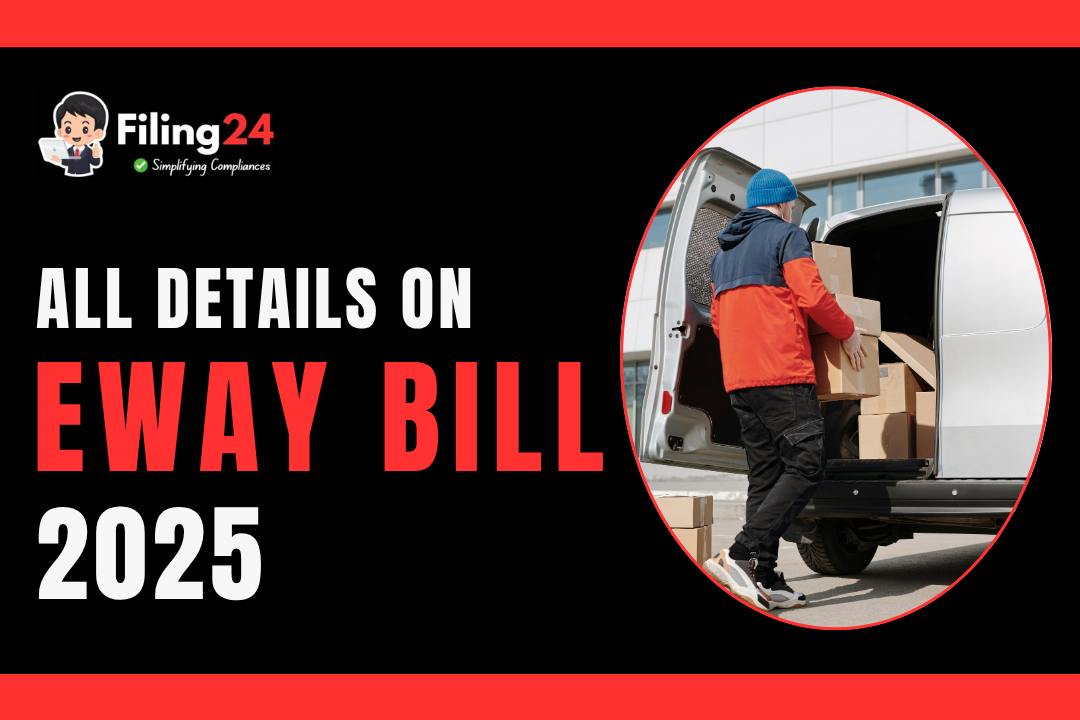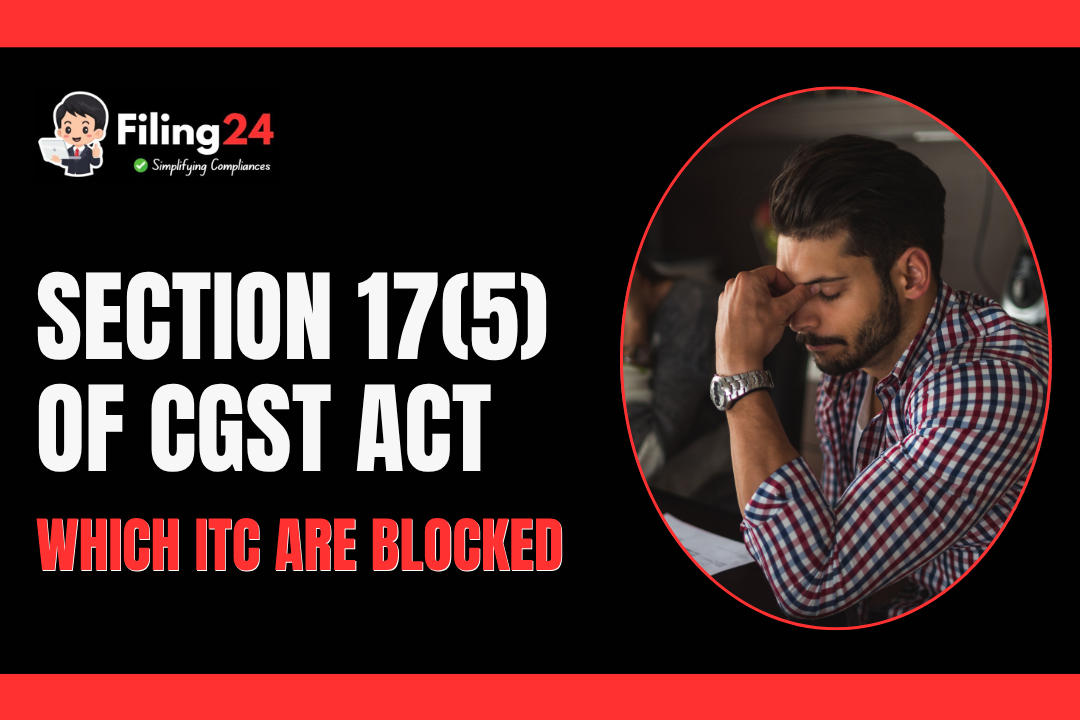The Reverse Charge Mechanism in GST (RCM) is a critical compliance concept every business must understand to avoid penalties and optimise Input Tax Credit (ITC). Unlike normal GST, here the taxpayer is the recipient, not the supplier.
In this guide, you’ll learn:
- What RCM means under GST law
- When it applies
- Latest 2025 CBIC updates
- How to calculate time of supply
- How ITC works under reverse charge
- Penalties for non-compliance
What is Reverse Charge Mechanism in GST?
Reverse Charge Mechanism (RCM) under GST means the responsibility of paying tax shifts from the supplier to the recipient of goods or services.
In normal cases, the supplier collects GST and pays it to the government. Under RCM, the recipient directly pays GST to the government and can later claim ITC if eligible.
Legal Provisions for RCM in GST
RCM is governed by:
- Section 9(3) & 9(4) of CGST Act (for intra-state supplies)
- Section 5(3) & 5(4) of IGST Act (for inter-state supplies)
| Section | Applicability | Example |
|---|---|---|
| 9(3) | CBIC-notified goods/services | Legal services from an advocate |
| 9(4) | Purchase from unregistered supplier (specific cases) | Cement purchase by a builder |
| 9(5) | E-commerce platform liable for certain services | Ola/Uber passenger transport |
When RCM is Applicable – 2025 List
Here are major categories where Reverse Charge GST applies in 2025:
1️⃣ CBIC-Notified Goods & Services (Sec. 9(3))
- Legal services by advocates
- GTA (Goods Transport Agency) services
- Sponsorship services to a company
- Director’s services to a company
- Security services to registered persons
2️⃣ Purchases from Unregistered Suppliers (Sec. 9(4))
- Applicable to specified recipients (e.g., promoters in real estate)
- 80% registered purchase rule for builders
- Cement from unregistered supplier → 28% GST
3️⃣ E-Commerce Operator Liability (Sec. 9(5))
- Passenger transport by radio taxi/motorcycle
- Accommodation in small hotels via online platforms
- Housekeeping services via apps like Urban Company
Time of Supply under Reverse Charge
The time of supply decides when GST is payable under RCM.
For Goods (earliest of):
- Date of receipt of goods
- Date of payment (book entry or bank debit)
- 30 days from invoice date
- Date of entry in books
For Services (earliest of):
- Date of payment
- 60 days from invoice date
- Date of self-invoice
- Date of book entry
Self-Invoice Requirement
If the supplier is unregistered, the recipient must issue a self-invoice within 30 days of receiving goods or services.
Tip from a CA: Keep a separate RCM register to track pending self-invoices for audit readiness.
GST Registration Requirement under RCM
Under Section 24 of CGST Act, any person liable to pay tax under RCM must register under GST, even if their turnover is below ₹20L/₹40L.
Input Tax Credit Rules under RCM
- ITC can be claimed only if goods/services are used for business purposes
- GST under RCM must be paid in cash (cannot use ITC balance)
- Composition scheme taxpayers cannot claim ITC on RCM payments
Latest CBIC Updates in 2025
- CBIC Circular No. 211/5/2024-GST (26 June 2024): ITC eligibility year is based on self-invoice date, not supply date.
- Union Budget 2024 Proposal: Defines time of supply for services invoiced by recipient in RCM cases (awaiting notification).
- 53rd GST Council Meeting: Reaffirmed above clarification for real estate and other notified cases.
Penalties & Common Mistakes
Penalties under Sec. 122 CGST Act:
- Fine equal to tax evaded
- Interest for delayed payment
- Loss of ITC if not invoiced correctly
Common Mistakes Businesses Make:
- Not issuing self-invoices on time
- Using ITC to pay RCM liability (not allowed)
- Missing RCM reporting in GSTR-3B
✅ Quick RCM Compliance Checklist
- Check vendor GST registration status
- Verify if supply falls under Sec. 9(3), 9(4), or 9(5)
- Issue self-invoice if supplier is unregistered
- Pay GST in cash ledger
- Claim ITC in next GSTR-3B (if eligible)
FAQ – Reverse Charge GST
Q1. What is Reverse Charge Mechanism in GST?
It’s a system where the recipient, not the supplier, pays GST directly to the government for certain notified transactions.
Q2. Can I claim ITC on RCM GST paid?
Yes, if the purchase is for business use and the GST is paid in cash.
Q3. What is the time limit to claim ITC under RCM?
As per CBIC Circular 211/5/2024, based on the financial year of self-invoice date.
Q4. Is RCM applicable on imports?
Yes, imports of services attract IGST under RCM.
Q5. How is RCM reported in GST returns?
Report tax liability in GSTR-3B Table 3.1(d) and ITC in Table 4A(3).
Sources:
- CBIC Reverse Charge Notifications
- GST Council Meeting Updates







